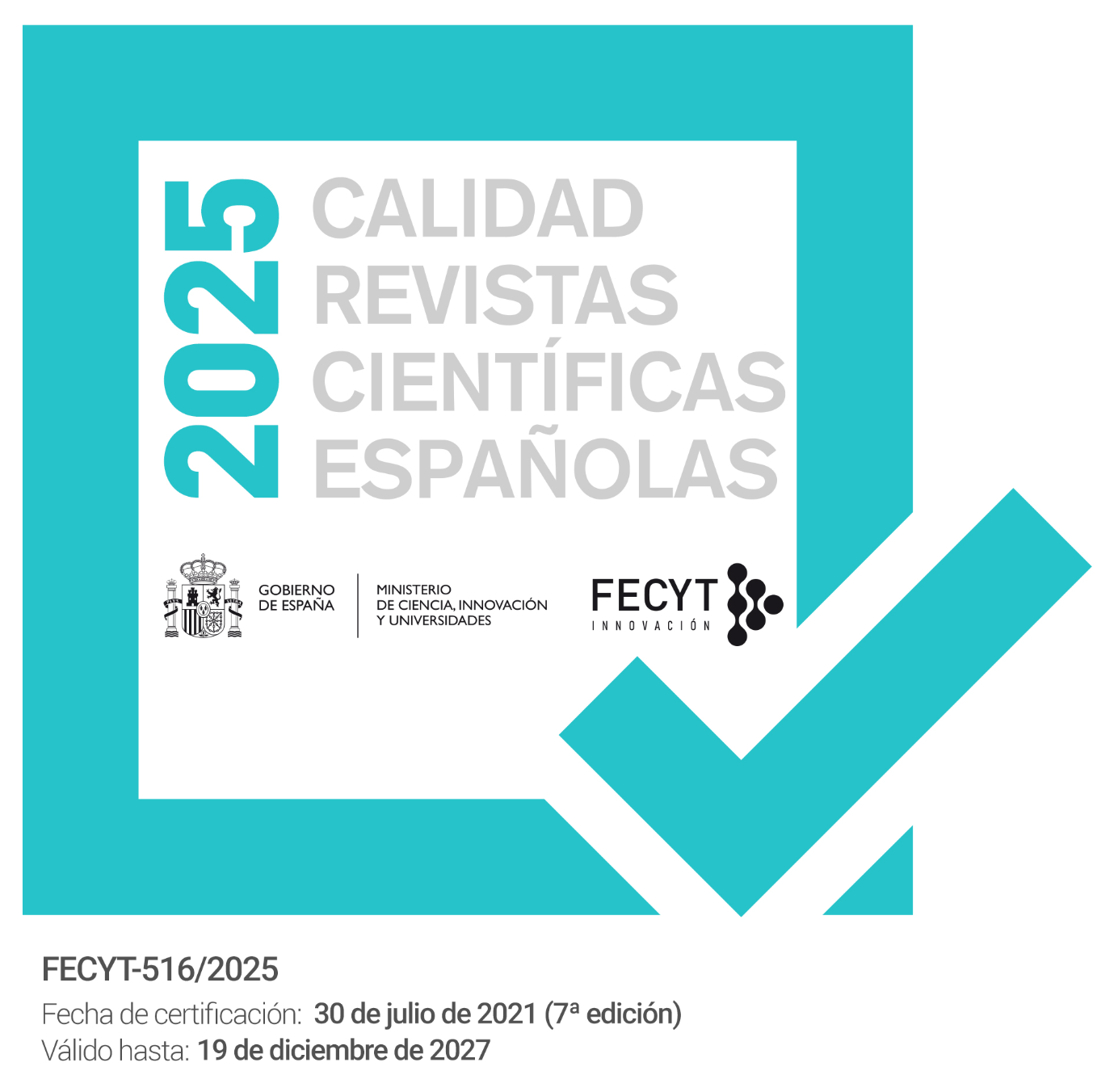RETÓRICA, COMUNICACIÓN, INTERDISCURSIVIDAD
Abstract
“Rhetoric, communication, interdiscursivity”. This paper deals with the role of Rhetoric in the study of human communication as a way of relating people in society by means of discursive use of language. Rhetoric is concerned with discourses whose goal is to influence on receivers, and discursivity is considered to be one of the main features of Rhetoric, since it allows building and delivering discourses fulfilling all textual and communicative requirements for argumentation of the thesis proposed in them. Discourses are connected to other discourses, and their relationship is important for achieving communication, that takes place in a complex field of interdiscursivity. The study of interdiscursivity is one of the ways for explaining discourse and communication, taking the examination of difference and similarity into account as a mean for exhaustive knowledge of the complex reality of discursive communication. Rhetoric has a very wide experience in dealing with interdiscursivity, so that it can provide an excellent tool to study it in collaboration with other sciences on discourse, language and communication. Interdiscursive analysis is proposed in this paper as a way of describing and explaining discourses from the perspectives of that collaboration.Downloads
-
Abstract22475
-
PDF (Español (España))2998
The works published in this magazine are subject to the following terms:
1. The Publications Service of the University of Murcia (the publisher) preserves the economic rights (copyright) of the published works, and favors and allows the reuse of same under the license of use indicated in point 2.
2. The papers are published in the electronic edition of the magazine under a Creative Commons Attribution-NonCommercial-NoDerivative 3.0 Spain license (legal text). Papers may be copied, used, disseminated, transmitted and publicly exhibited if the following requirements are met: i) The authorship and the original source of its publication (magazine, editorial and URL of the work) must be cited; ii) The works cannot be used for commercial purposes; iii) The existence and specifications of this user license must be explicitly mentioned.
3. Self-archiving conditions. Authors can electronically disseminate pre-print versions (version before being evaluated) and / or post-print versions (version evaluated and accepted for publication). This makes possible its circulation and diffusion earlier and with it a possible increase in its citation and reach among the academic community. RoMEO color: green.









